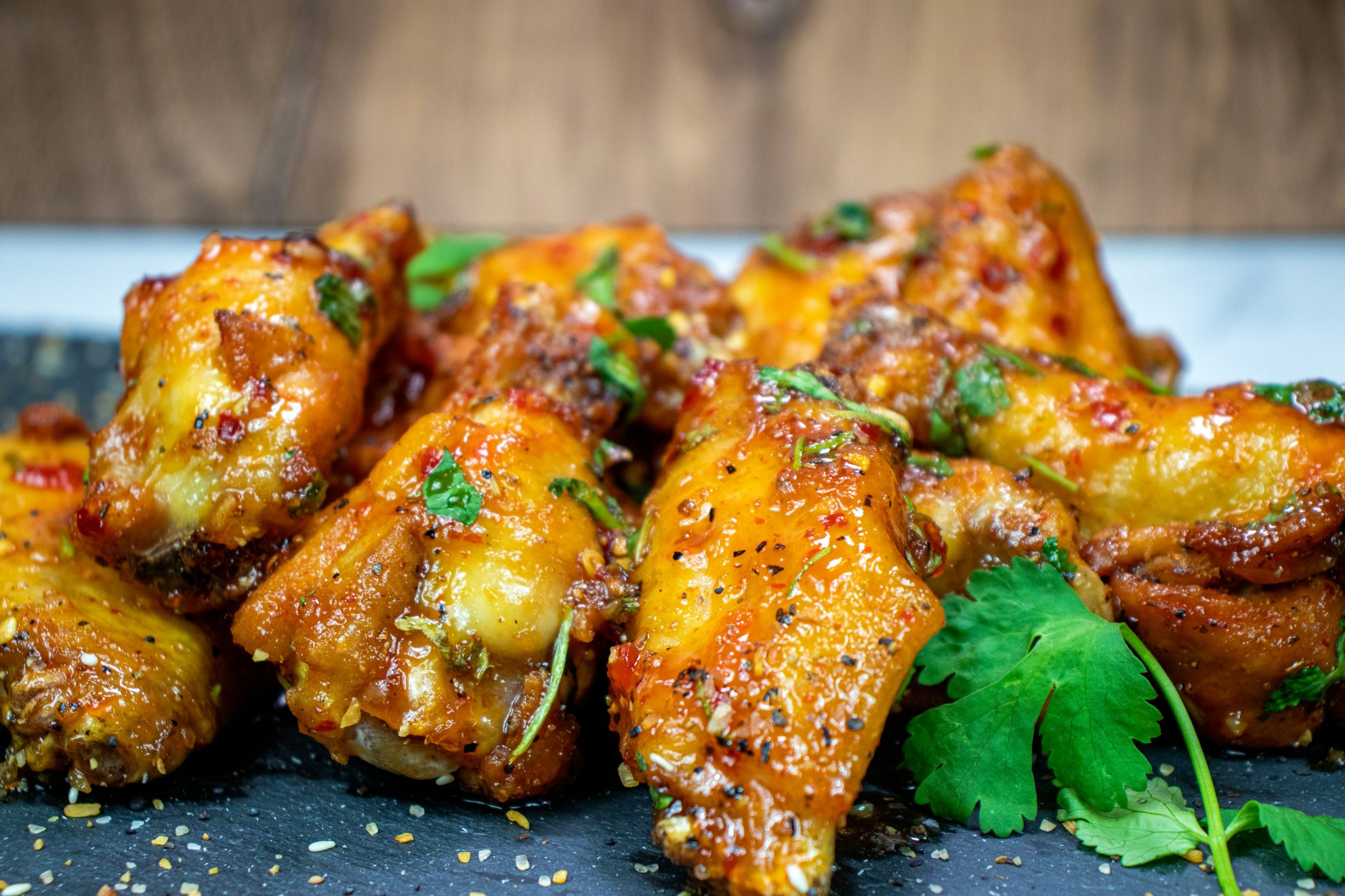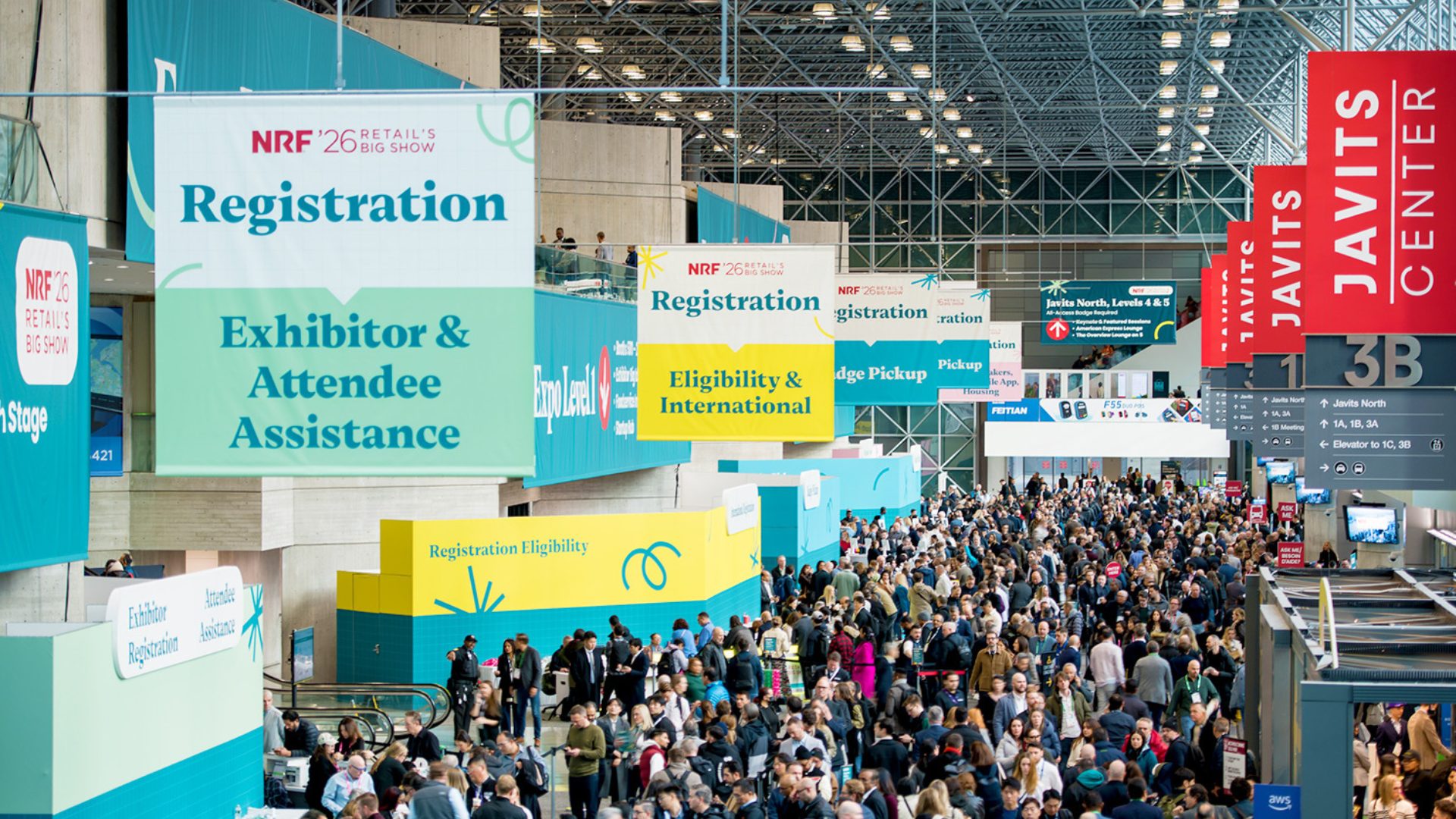Stricter immigration policies are expected to aggravate an already chronic labor shortage in the restaurant industry, leading to wage increases of as much as $3 per hour, data analyzed by OysterLink indicates.
Joshua Wood, founder of CJ Digital, a restaurant marketing agency, told The Food Institute higher wages would kill off 10% to 30% of restaurants.
“It’s going to be a rocky time for restaurants,” Wood said.
The American Immigration Council noted immigrants make up 22% of the food service workforce and as many as 7% of restaurant workers could be at risk of deportation.
“Their absence could create widespread labor shortages, forcing restaurants to increase wages to attract new hires and retain existing staff,” OysterLink said in a press release, leading to higher wages.
The data show native-born employees earn 14.4% more than their immigrant counterparts. OysterLink said entry-level workers could see increases of $2 an hour ($4,200-$5,000 a year) while skilled kitchen roles could fetch $4 ($8,000). Overall, wages could go up to an average of $25 an hour from $22, adding $6,537 to salaries.
These higher salaries would squeeze already tight margins, threatening the existence of eateries unable to adapt.
“Higher-end restaurants and those with strong value propositions will likely adapt, but mid-tier and budget establishments will feel the squeeze,” OysterLink general manager and co-founder Milos Eric told FI.
“Labor shortages could push more operators toward automation, but the reality is that most restaurants — especially independent ones – can’t always replace skilled roles. Instead, we may see shifts in menu pricing, service models, and even reduced operating hours to balance higher wages.”
Brandon Dorsky, co-owner of Los Angeles’ Yeastie Boys Bagels, said wage increases could portend a “doom loop.”
“Cost-conscious operators, restaurateurs with brand loyalty and credibility, and efficient franchise operators are poised to survive the storm, but the increasing costs of food and risk management have already squeezed [the] industry,” Dorsky said.
“The additional costs of significant wage increases may be the proverbial nail in the coffin for some restaurant operators.”
Abhishek Mediratta, founder at Fresh Burrito, agreed, saying the increase in minimum wage has made it nearly impossible to afford skilled kitchen labor.
“Another $2 per hour increase for an entry-level worker will be challenging for restaurants. This move will not only drive inflation but, more importantly, hurt employee morale. I have several team members who are fully trained and have been earning above minimum wage. Every time there is a wage increase, I have to raise their pay accordingly to maintain their satisfaction.
“As a business owner, I sympathize with my employees, but with rising costs – such as rent, food and utilities like gas and hydro, as well as the threat of tariffs – many restaurants may simply not be able afford to pay their experienced staff more.”
The Food Institute Podcast
Tariffs, geopolitical tensions, and inflation are all weighing on the food and beverage industry and consumers alike, but what can industry leaders do to persevere amid uncertainty? Lou Biscotti from CBIZ’s Food and Beverages Services Group shares his insights on The Food Institute Podcast.











